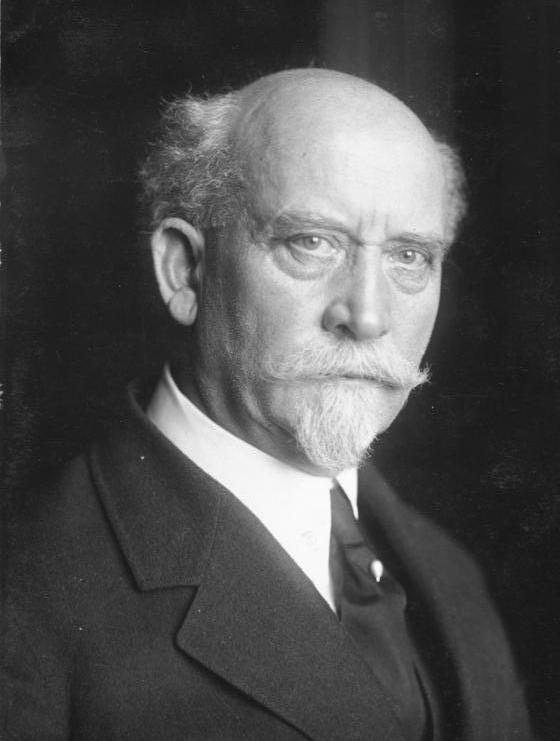Did you remove the chapter numbers?
I can think of a bunch of reasons that there's a drop off, and I don't think it's to do with time between updates, just things getting longer in general. Assuming you start with 100 readers at update 1 and intake no new readers you're always going to go down hill. The goal is to add more readers as old ones leaves but there are issues with that.
For a start 70 page threads are intimidating, when someone clicks one they're going to have to sift through hundreds of posts. People who just click on the thread probably won't also click the link in your signature (if they even have signatures turned on) and so will have no idea there is a contents thread at all (and very much props for doing that so many authors fail to do so and it it makes it so hard to catch up). Secondly who knows if Shield of Humanity is something people want to read? That is to say, how am I meant to know what it's about? This really bugs me about most of the threads on the forum, there should be a spreadsheet with every thread title, a summary of the timeline, author, a bunch of tags for easy searching, and then something like chapter/word count and completed status. Probably some other stuff I'm missing for good measure. Summarises are vital, there are blurbs on the back of every single book in the world, and yet when it comes to online stories people seem to forget they exist.
Also it's a reboot, and I don't know what Land of Freedom is or was however without any explanation I can't help but be left wondering whether or not I should be reading Land of Freedom first to get proper context.
Returning to accuracy I suppose that I imagine most of the users are fairly ignorant about Eastern politics in this time period beyond broad strokes. So even if it's inaccurate I wonder how many people would even notice it, even on a forum filled with history buffs.
Another worry I have (and I've seen develop with some of my other timelines) is that the longer I wait to work on it, the less people read the new updates. The Shield of Liberty only has maybe two or three dedicated readers these days, and that's why I haven't bothered updating it very often--it's irrelevant. I've found that After 1900 timelines get much more attention and support than Before 1900.
Anyway, that's a worry for another day. Good night.
I can think of a bunch of reasons that there's a drop off, and I don't think it's to do with time between updates, just things getting longer in general. Assuming you start with 100 readers at update 1 and intake no new readers you're always going to go down hill. The goal is to add more readers as old ones leaves but there are issues with that.
For a start 70 page threads are intimidating, when someone clicks one they're going to have to sift through hundreds of posts. People who just click on the thread probably won't also click the link in your signature (if they even have signatures turned on) and so will have no idea there is a contents thread at all (and very much props for doing that so many authors fail to do so and it it makes it so hard to catch up). Secondly who knows if Shield of Humanity is something people want to read? That is to say, how am I meant to know what it's about? This really bugs me about most of the threads on the forum, there should be a spreadsheet with every thread title, a summary of the timeline, author, a bunch of tags for easy searching, and then something like chapter/word count and completed status. Probably some other stuff I'm missing for good measure. Summarises are vital, there are blurbs on the back of every single book in the world, and yet when it comes to online stories people seem to forget they exist.
Also it's a reboot, and I don't know what Land of Freedom is or was however without any explanation I can't help but be left wondering whether or not I should be reading Land of Freedom first to get proper context.
Returning to accuracy I suppose that I imagine most of the users are fairly ignorant about Eastern politics in this time period beyond broad strokes. So even if it's inaccurate I wonder how many people would even notice it, even on a forum filled with history buffs.


